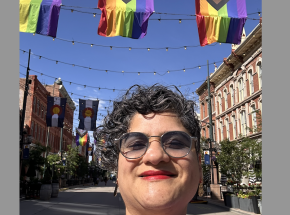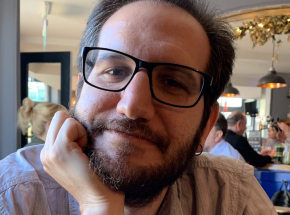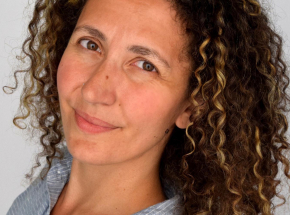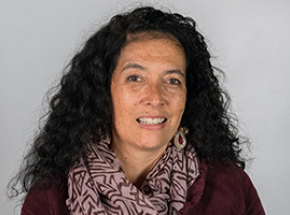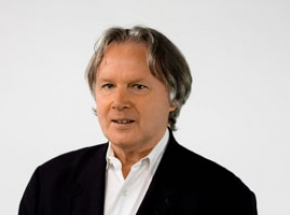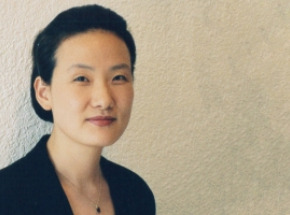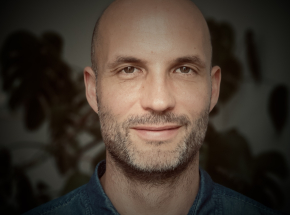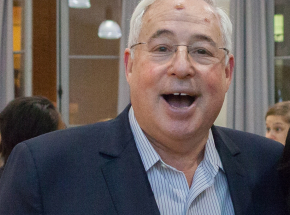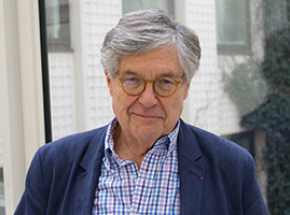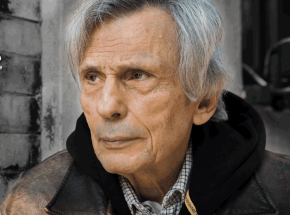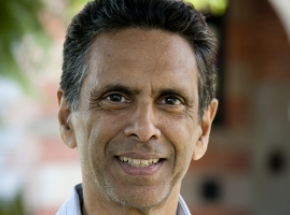In a liberal arts curricular context, our students learn to systematically explain, critically think about, and knowledgably engage in the broad spectrum of communication, media and cultural practices. We aim to graduate students who are informed, ethical communicators; reflective creators and makers of media and culture. Our students use theory, history, and experiential learning to make a positive, lasting impact on our world.
At a lively intersection of overlapping fields, our teaching is informed by cutting edge research on journalism, multimedia storytelling, and film; advertising, marketing, branding, and PR; anthropology, development, advocacy, and politics; history, ethics, economics, and law. Our professors guide students through the nuances of evolving and hybrid cultures, in the context of globalization and its discontents. Our approach to communication, media and culture is resolutely comparative. It is rigorously academic as well as practical. Students develop strong analytical, reasoning, written and verbal skills. They become empathetic and ethical listeners as well as efficient and effective persuaders.
The department offers four majors and six minors. The majors are Global Communications, Journalism, Film, and Communication and Public Affairs (to launch in 2020–21). The minors are Anthropology, Fashion Studies, Global Communications, Film, Journalism and Political Communication. The department frequently hosts colloquiums and invited speakers from the world of research, business, politics, and creative industries.

